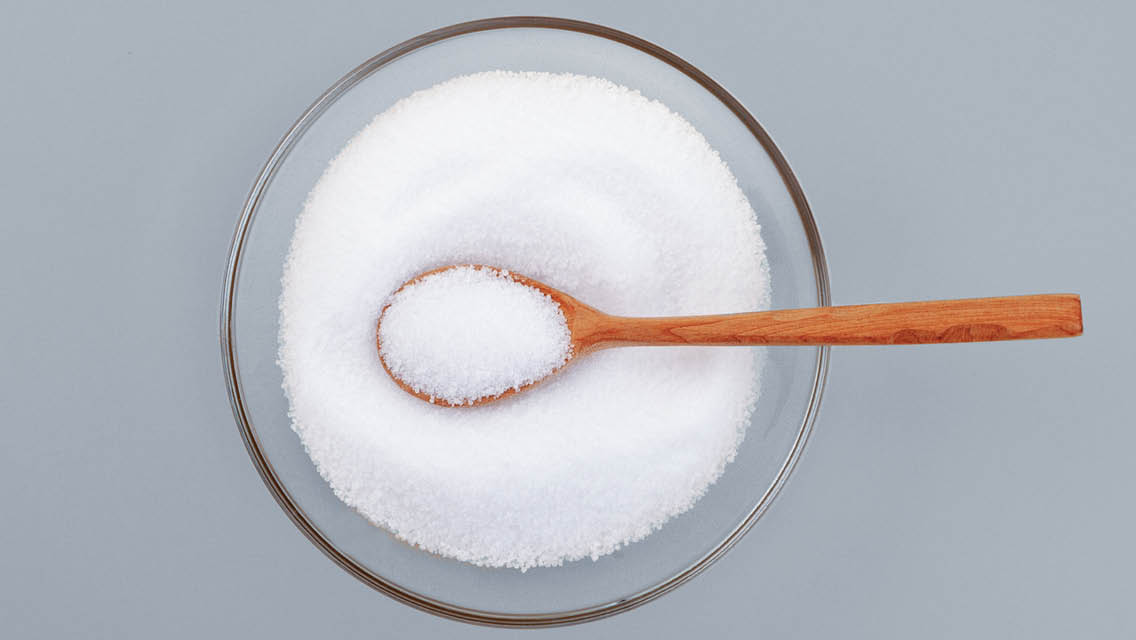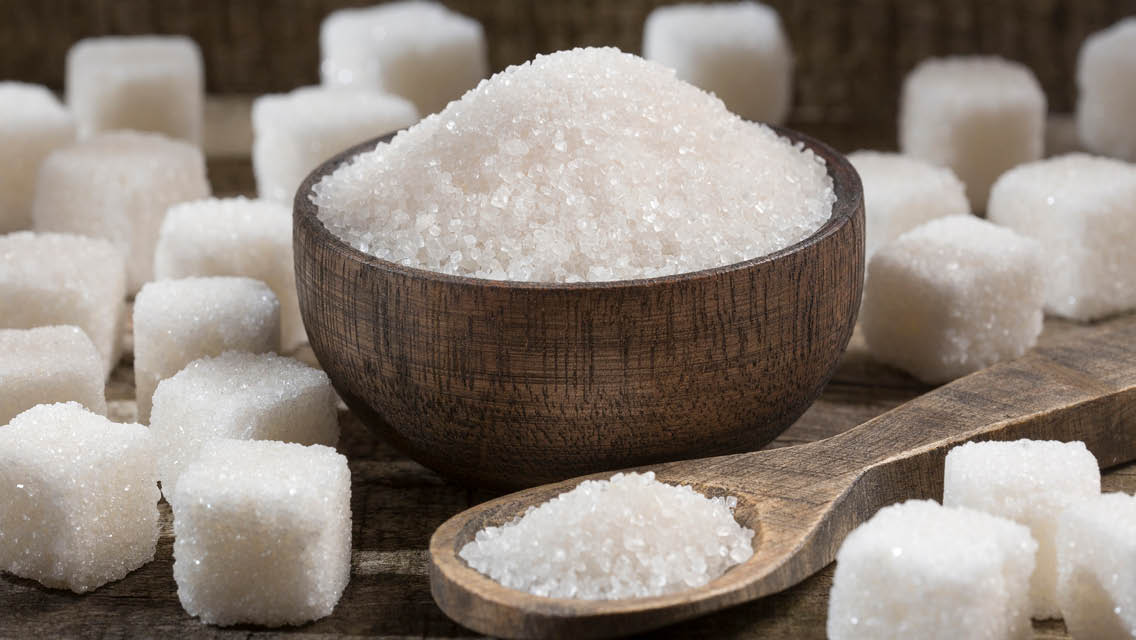Aspartame — the ubiquitous artificial sweetener sold under the brand names NutraSweet, Equal, and Sugar Twin — has sparked controversy for decades, but in 2023 a leading health watchdog for the first time officially labeled it as a possible carcinogen.
The International Agency for Research on Cancer (IARC), a body of the World Health Organization (WHO), ruled that the faux sugar may cause liver cancer in humans.
The IARC based its conclusion on observational studies connecting the consumption of artificially sweetened drinks to an increase in cases of the cancer.
Other organizations rushed to refute this finding, however. “Our results do not indicate that occasional consumption should pose a risk to most,” Francesco Branca, MD, director of the WHO Department of Nutrition and Food Safety, said at a press conference. Still, he added, people who consume large amounts of aspartame should consider switching to water or other unsweetened drinks.
The U.S. Food and Drug Administration (FDA) and the American Beverage Association (ABA) continue to maintain that aspartame is safe to consume. The ABA cited the Department of Nutrition and Food Safety announcement, which described the evidence for aspartame causing cancer in humans as “not convincing.”
The FDA, which approved aspartame in 1974, stated it “disagrees with IARC’s conclusion that these studies support classifying aspartame as a possible carcinogen to humans.”
The agency has previously set the acceptable daily intake of aspartame at 50 mg per kilogram of a person’s body weight. So, for a 150-pound person, approximately 3,400 mg a day is deemed safe. A 12-ounce can of diet soda contains around 200 mg of aspartame. (For more on the downsides of sugar alternatives and sweeteners, tune in to this Life Time Talks episode: The Downsides of the Sweet Stuff: All About Sugar and Sugar Alternatives.)





This Post Has 0 Comments